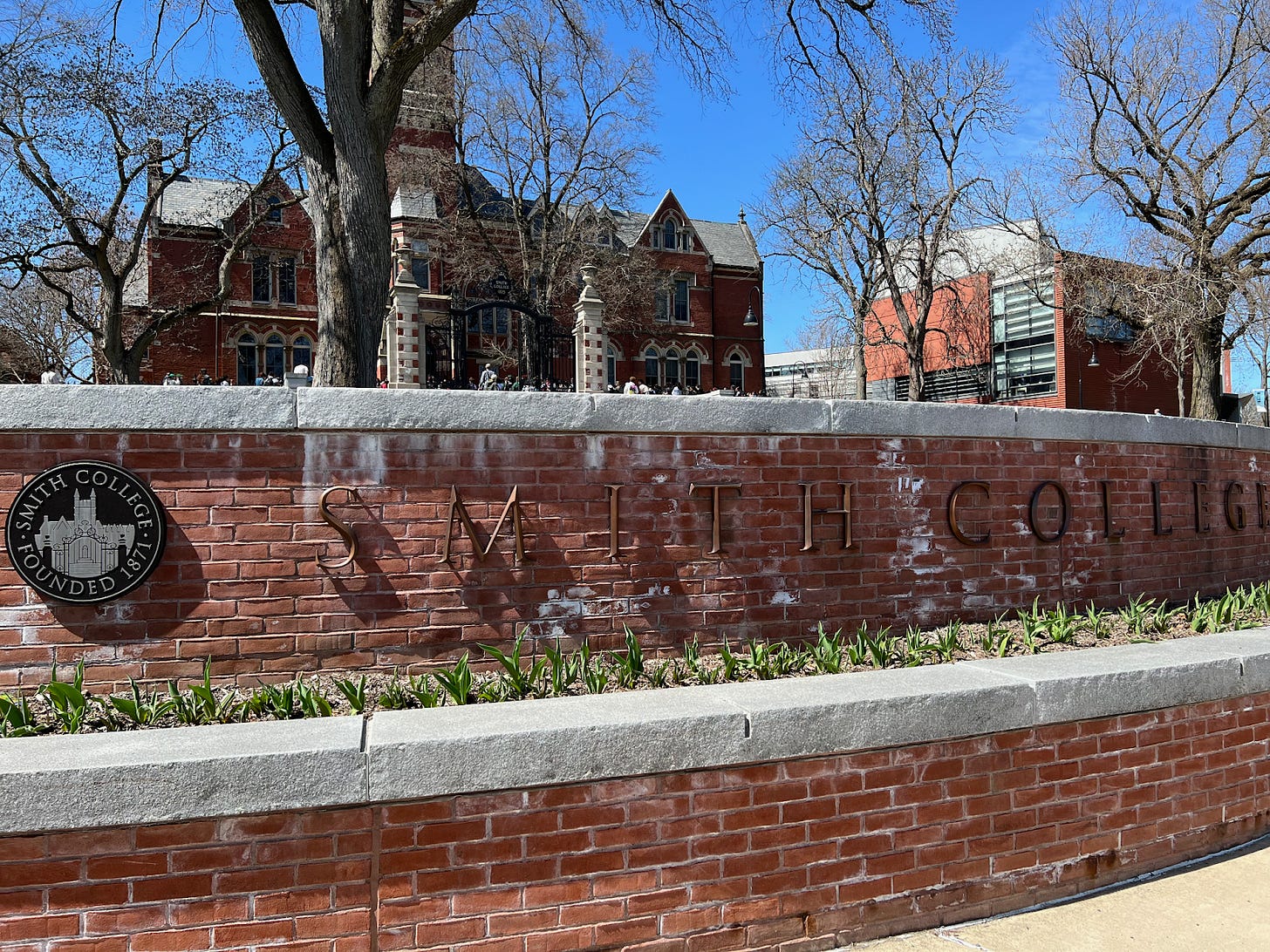The Difference Between a College and a University (in the USA)
A breakdown of the key distinctions between colleges and universities (in the USA), including class size, academics, research opportunities, and campus culture.
Wait… Aren’t Colleges and Universities the Same Thing?
If you’ve spent any time looking at higher education options, you’ve probably heard people use the terms college and university interchangeably.
But are they really the same thing? (Spoiler: Nope.)
Let’s discuss, so that you understand the key differences—and why it matters when choosing the right school for you.
Colleges vs Universities
Colleges
Typically smaller schools that focus primarily on undergraduate education (aka bachelor’s degrees).
Often specialize in the liberal arts & sciences or specific fields like engineering, business, or music.
Think: tight-knit communities, smaller class sizes, and more direct interaction with professors.
Examples: Williams College, Pomona College, Davidson College.
Universities
Larger institutions that offer both undergraduate and graduate programs (master’s, PhDs, law school, etc.).
Often include multiple colleges or schools within them (e.g., College of Arts & Sciences, Business School, School of Engineering).
Big research focus—so more funding, resources, and opportunities for advanced study.
Examples: University of Michigan, Harvard University, UCLA.
Why Does It Matter?
These are admittedly generalisations (yes, there are always exceptions to the rule), but they are good starting points for how to think about the differences between colleges and universities and how those differences can translate into markedly different undergraduate experiences.
1. Class Size & Learning Experience
Colleges = smaller, discussion-based classes taught by full professors (who are generally very accessible).
Universities = big lecture halls, especially in your first year, and classes can be taught and/or supported by graduate students. But… universities typically offer greater breadth and depth of majors and fields of study.
Which sounds better to you?
2. Opportunities & Resources
Universities tend to have more research, internship, and graduate study opportunities.
But small colleges? They can offer closer relationships with professors and a tight-knit academic community.
Which would you prefer?
3. Campus Culture
Colleges often have a cozier, community vibe.
Universities can be bigger, more diverse, and have tons of extracurricular and club options.
Which feels like a better fit?
Common Myths & Misconceptions
“Colleges are less prestigious than universities.”
Not true. Some of the most prestigious schools in the country are undergraduate colleges (Amherst College and Swarthmore College, for example).
“Universities are better for job prospects.”
Not necessarily. Employers care more about your experiences than whether your degree says “college” or “university.”
“Colleges don’t offer research opportunities.”
Some do! It just depends on the school. (Tip: Check their website!)
Final Thoughts: Find the Right Fit, Not Just the Right Label
Some people hear university and assume it’s better or more prestigious. Others love the idea of a traditional college experience. The key is figuring out what works best for you. Typically, a balanced college list would include options for both.




